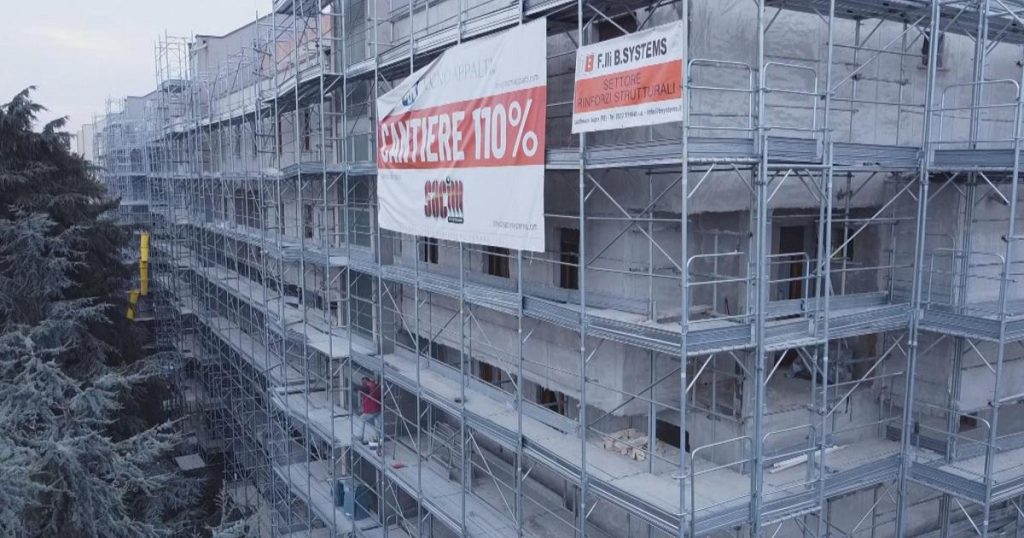The article discusses changes to tax deductions and bonuses for construction work in Italy, as outlined in the Superbonus decree. The decree will now allow taxpayers to deduct expenses over a period of 10 years instead of the previous 4, providing greater flexibility for those with lower tax capacity. Additionally, the deduction for renovation and energy efficiency work will decrease from 50% to 30% by 2028. Banks will no longer be able to offset credits from the superbonus against other debts, and a 400 million euro fund will be established for new interventions in areas affected by earthquakes. Comuni will be responsible for conducting inspections on construction sites receiving the superbonus, with a portion of fines collected going to the municipalities. The implementation of the sugar tax and plastic tax has been postponed until 2025 and 2026, respectively.
The Superbonus decree in Italy has seen significant changes, including an extension of the deduction period from 4 to 10 years, allowing taxpayers to claim expenses over a longer period. This adjustment aims to benefit those with lower tax capacity, ensuring they do not lose out on deductions due to shorter timeframes. However, it may lead to delays in reimbursements for those with higher tax capacity, who will have to wait longer for full repayment. The government estimates nearly 12 billion euros in deductible expenses between 2024 and 2025, reflecting the scale of the initiative.
The deduction for renovation and energy efficiency work will decrease incrementally from 50% in 2024 to 30% by 2028, with a corresponding reduction in the deductible expense ceiling. Additionally, banks will no longer be allowed to offset superbonus credits against other debts. A 400 million euro fund has been established to support new interventions in earthquake-affected areas, focusing on ecobonus and sismabonus applications. The fund will not cover the ‘Superbonus rafforzato’, offering limited scope for certain types of interventions.
Municipalities will play a significant role in overseeing construction sites receiving the superbonus, conducting inspections to identify any irregularities. In return, they will receive a portion of fines collected, providing an incentive for proactive monitoring. The postponement of the sugar tax and plastic tax implementation to 2025 and 2026 respectively reflects a flexible approach to managing tax changes, ensuring adequate preparation for the introduction of new levies.
In conclusion, the Superbonus decree in Italy represents a significant shift in tax policy and incentives for construction work, with adjustments to deduction periods and rates. The extension of the deduction period to 10 years offers greater flexibility for taxpayers, while changes to bonus rates reflect a gradual reduction in tax benefits over time. The establishment of a fund for earthquake-affected areas and municipal oversight of construction sites aim to ensure accountability and quality control. The postponement of sugar and plastic taxes provides additional time for preparation and adjustment to new tax measures. Overall, these changes are intended to streamline tax incentives and ensure efficient management of construction projects in Italy.


